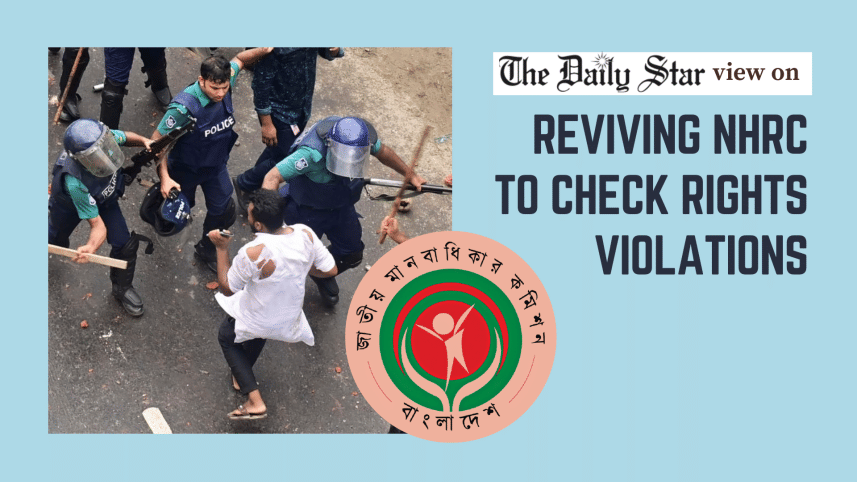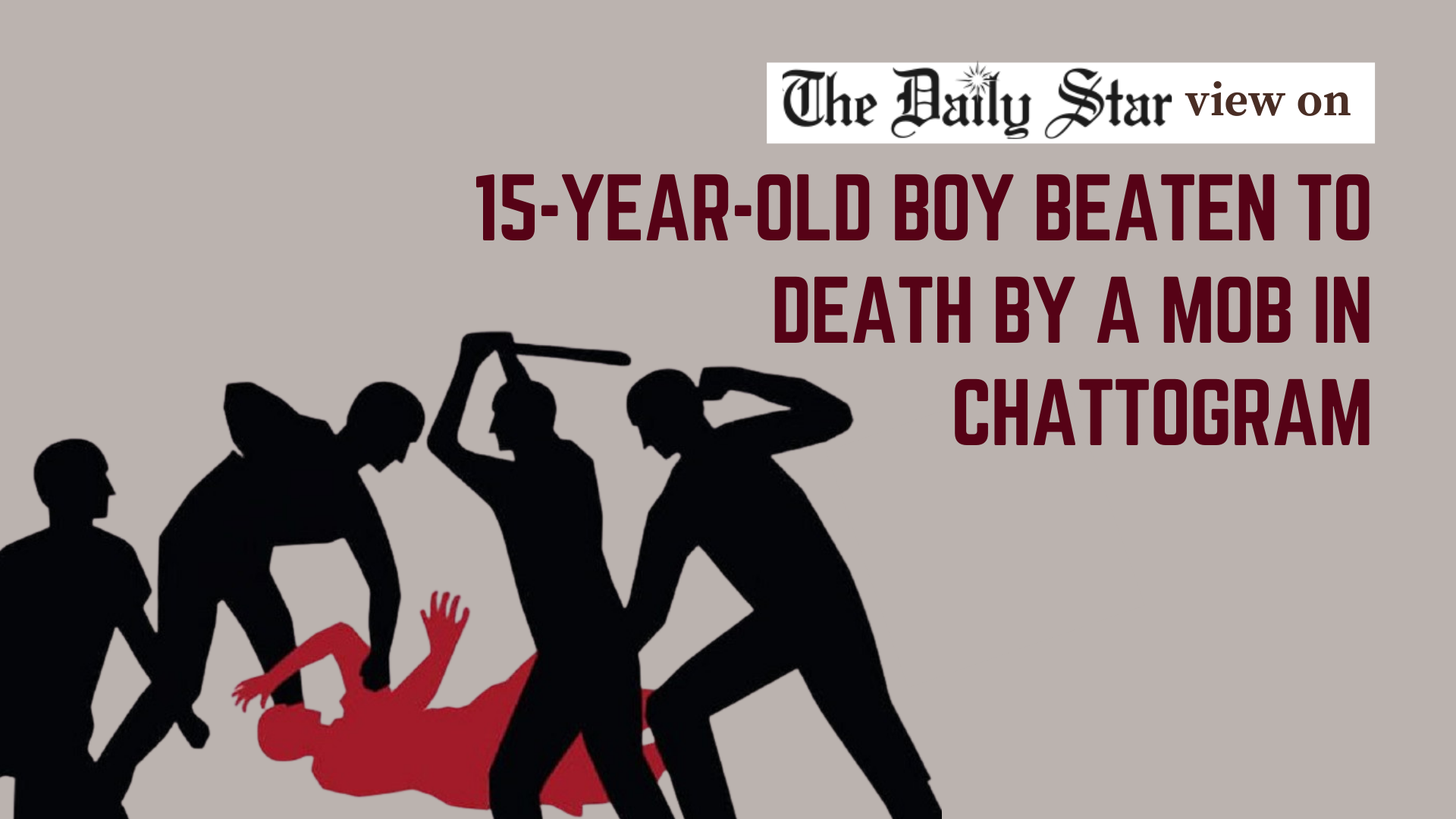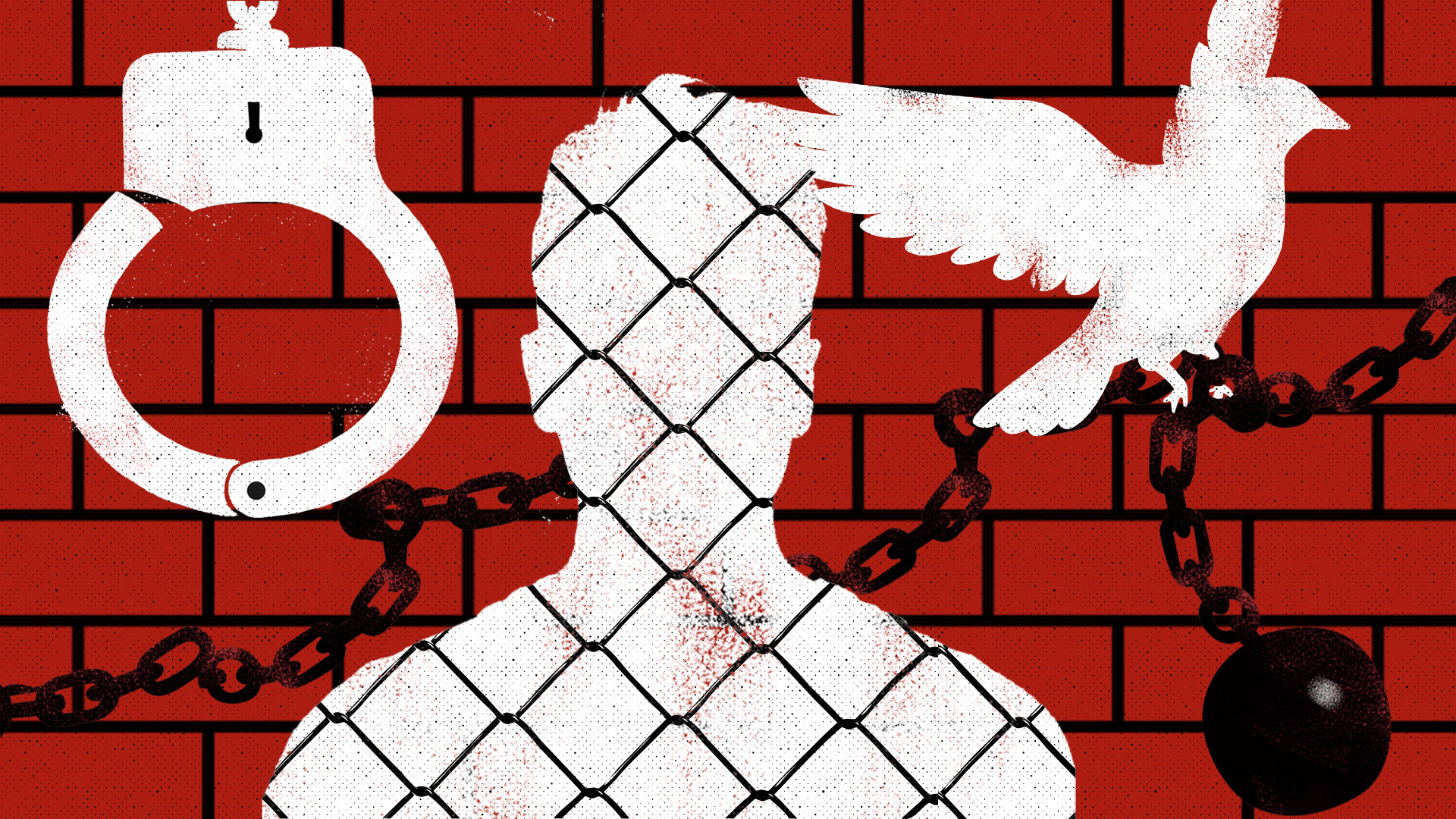NHRC must be revived and reformed urgently

We share the concerns raised at a citizens' dialogue in Dhaka about the interim government's inaction on critical steps needed to promote and protect human rights. Foremost among these are the long-overdue reconstitution of the National Human Rights Commission (NHRC) and amendments to the NHRC Act to ensure the body's independence and authority to hold both civil and military security agencies accountable. Equally troubling has been the government's disregard for repeated calls from national and international rights groups to disband the Rapid Action Battalion (Rab), accused of crimes against humanity including enforced disappearances.
It may be recalled that the recent fact-finding report by the Office of the UN High Commissioner for Human Rights (OHCHR) on violations related to the July-August 2024 protests recommended amending the NHRC Act of 2009 to bring the commission into full compliance with the Paris Principles, thereby strengthening its independence and restoring public confidence in it. This was not the first time the OHCHR urged reforms to make this institution capable of promoting and protecting citizens' rights; rather, this was a repetition of its observations made in the last two Universal Periodic Reviews. The Paris Principles, adopted by the UN General Assembly in 1993, set minimum standards for national human rights institutions, including broad mandates, independence, and pluralism.
According to a report published in this daily, the interim government has finalised a draft ordinance in line with the Paris Principles. While this development offers cautious optimism, we urge the government to move swiftly towards enactment and implementation, well before the country enters an election phase. The OHCHR has further recommended that any amended law must ensure an independent commission, with members appointed through a transparent and participatory process involving genuine engagement with all relevant stakeholders, including civil society.
Bangladesh first established the NHRC in 2008, under pressure from civil society organisations and development partners, amid rising cases of rights violations and denial of justice. The commission was initially set up by the then caretaker government and later reconstituted under the Awami League government, which unfortunately weakened the institution, reducing it to what many describe as "a rehabilitation centre" for retired bureaucrats.
Civil society leaders also continue to warn that surveillance persists and that key security agencies—including the DGFI, NSI, and NTMC—have been excluded from any reform agenda. This is deeply inconsistent with the government's stated commitment to democratic reform and the rule of law. In this context, we stress the importance of adopting the OHCHR's recommendation that the commission's mandate explicitly include investigating allegations against military, police, paramilitary and intelligence agencies. It is troubling to see violations of human rights continuing with impunity to this day. Hence, the government should urgently reconstitute the NHRC. Finally, provisions must be made to equip the NHRC with adequate financial and human resources to fulfil its mandate effectively, impartially, and independently. Without these guarantees, reforms will remain cosmetic, and the people's faith in democratic governance will continue to erode.



 For all latest news, follow The Daily Star's Google News channel.
For all latest news, follow The Daily Star's Google News channel. 



Comments